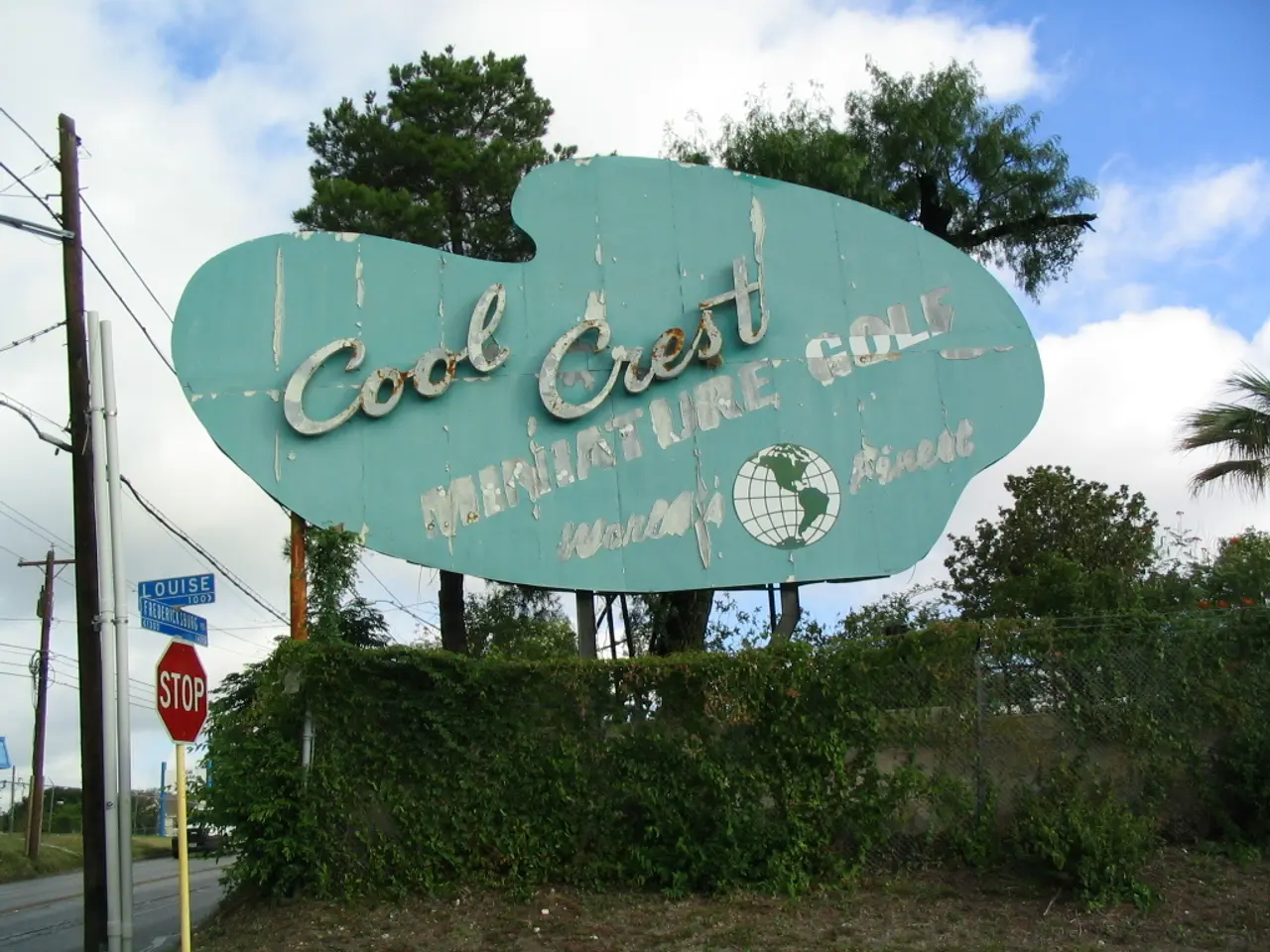Bioethanol facility set to close despite late-hour discussions with the administration
Let's Talk Shutting Down the Bioethanol Plant: ABF's Tough Decision
Associated British Foods (ABF), the beast behind the giant Primark, is giving a hard stare to its Yorkshire bioethanol plant, Vivergo, amidst the government's attempts to save the site. But the writing's on the wall – the plant is set to close, and hundreds of jobs are at stake.
ABF announced that they'd commence consultations with employees to wind down operations in an orderly fashion. Wheat purchases for the manufacturing process have already ceased since June 11. The deadline for the government to offer a rescue package passed without a response, leaving the plant teetering on the edge.
"Unless the government can provide both short-term funding to cover Vivergo's losses and a long-term solution, we're closing the plant once the consultation process concludes and our contractual obligations are met," ABF declared. The government, however, has promised to negotiate formally to find a more sustainable future for the plant.[1]
So, what's the deal? The plant, one of only two of its kind in the UK, has found itself in a precarious position thanks to the UK-US trade deal. This pact removed a 19% tariff on US ethanol imports and opened the door for up to 1.4 billion liters of duty-free American ethanol to storm the UK market. That's a lot of competition for a domestic player trying to stay afloat.[2][3]
In April, ABF CEO George Weston, straight-up told City AM that the plant's struggles stemmed from the government's questionable decision to double-count renewable fuel certificates for foreign producers. This move gave overseas competitors an unbeatable cost advantage, leaving Vivergo in a tough spot.[3]
The Yorkshire plant's potential closure, paired with a general drop in sugar prices, pushed ABF's sugar division into a whopping £122m loss for the six months to March, a significant shift from the £121m profit it had the year prior.
Another Setback for the Industrial Strategy
The plant joins Sabic's Teesside chemicals facility in announcing closure plans, putting over 100 jobs at risk. This double whammy has critics pointing fingers at the government's new industrial strategy, which hit the books just this week.
Teesside's mayor, Ben Houchen, lashed out, demanding immediate support for affected workers and families, and a clear plan for job retention and growth in areas like Teesside. He labeled this development a national policy failure, pointing out that the chemicals sector is a cornerstone industry in the North East, yet it wasn't even mentioned in the Government's Industrial Strategy.[4]
Business Secretary Jonathan Reynolds acknowledged the impact, expressing hope for continued engagement with the companies and potential government funding to ensure a bright future for these industries.
So, there you have it – another hurdle for the government's industrial strategy, big woes for the employees of Vivergo and Sabic, and continuing conversations between ABF and the government in search of solutions. Stay tuned for updates on this evolving situation.
[1] BBC News, "ABF to close Yorkshire bioethanol plant despite government talks," 19 May 2025, www.bbc.com/news/business-59116084
[2] City AM, "ABF to close Hull bioethanol plant Vivergo as US ethanol imports hit UK market competitiveness," 19 May 2025, www.cityam.com/310277/abf-to-close-hull-bioethanol-plant-vivergo-as-us-ethanol-imports-hit-uk
[3] The Guardian, "ABF confirms plans to shut Yorkshire bioethanol plant despite government talks to rescue it," 19 May 2025, www.theguardian.com/business/2025/may/19/abf-confirms-plans-to-shut-yorkshire-bioethanol-plant-despite-government-talks-to-rescue-it
[4] The Independent, "UK government's new industrial strategy 'has failed Teesside' after Sabic chemicals plant to close," 18 May 2025, www.independent.co.uk/news/business/news/uk-government-new-industrial-strategy-teesside-sabic-chemicals-plant-close-b1915256.html
The closure of Vivergo could potentially impact the local economy in Yorkshire, as hundreds of jobs are at stake. The plant's troubles, prompted by a surge in US ethanol imports, could also reflect challenges for domestic industries in other sectors, such as sports, as the government's industrial strategy continues to develop and face criticism.








